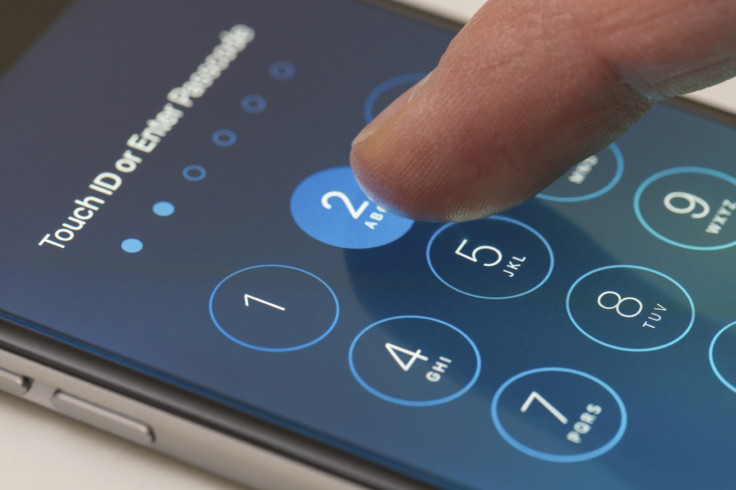Australian police get new spy powers to hack smart-devices, demand encryption keys
Police granted legal backing to infiltrate devices in anti-terror move.

Australian police have been granted new powers that let them exploit phones and smart-devices for surveillance purposes with the intention of combating terrorism, after a new piece of legislation passed with bipartisan support in the Queensland parliament.
The Counter-Terrorism and Other Legislation Amendment bill gives Queensland law enforcement the legal authority to hack into devices during or following a terror incident. According to The Brisbane Times website, this will include the implanting of remote software.
The law lets officers search mobile phones for terrorist material and communications, but it remains unclear how authorities will combat end-to-end encryption.
"This information is critical for developing situational awareness and for the formulation of tactical plans to manage or resolve the emergency," the bill reads.
It includes an amendment that will "require a person to provide access codes, passwords and encryption keys".
The powers can be issued when "a person's life or safety is seriously endangered" and a report must later be provided to the government about their use.
The bill's 2017 text acknowledges that the powers may be seen as impinging upon rights and liberties but claims "the amendments are necessary [...] to the critical nature of the incidents being responded to and the necessity for police to identify potential offenders."
It added: "A search of electronic equipment is vital for the acquisition of intelligence to enable police to effectively manage and resolve the declared emergency."
The text said the power "does not provide unfettered access to information stored on the device".
Searches will be confined to the period of the terror incident, it lists as a safeguard. In some cases, police will also ask for mobile devices that have captured footage of a terror attack.
Passwords? Hand them over
"While most witnesses willingly provide the information, some refuse due to their intention to sell footage to the media or circulate it on social media," it states. The new law, however, will "require a person to provide access information, such as passwords, to enable a search".
Additionally, the proposal amends current law to let surveillance warrants include the "covert manipulation" of a smart-device on the target's premises or in possession of the target. Ultimately, it shares many similarities to the UK's spy law, the Investigatory Powers Bill (IPBill).
"We all hope that the powers being implemented in this legislation are never needed in Queensland but we should also be realistic," said opposition police spokesman Tim Mander. Meanwhile, police minister Mark Ryan said the powers were more necessary than ever.
"Within the last three years, there has been five terrorist attacks in Australia and 13 major counter-terrorism disruption operations undertaken in response to planned terrorist attacks," he asserted. Ryan claimed the "threat of terrorism to our country and community is very real".
IoT products are fair game

In July, The Brisbane Times reported that Queensland police commissioner Ian Stewart had said that smart-home devices, like TVs and fridge's connected to the internet, would be under the remit of the law.
He said: "If you think about the connected home that we now look at quite regularly where people have their security systems, their CCTV systems and their computerised refrigerator all hooked up wirelessly.
"You could actually turn someone's fridge into a listening device.
"These are extensive powers needed at this time but we must also ensure that they have the appropriate judicial oversight and that monitoring of these powers acts to ensure they are used effectively and appropriately. All of that is taken into account by these new proposed laws."
Queensland is an Australian state in the northeast of the country. According to its official website, the government is modelled on the British parliamentary system and has just one House – the Legislative Assembly – which proposes and has the final say on new laws.
© Copyright IBTimes 2025. All rights reserved.






















